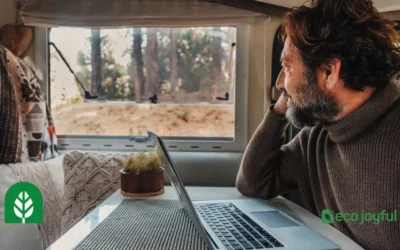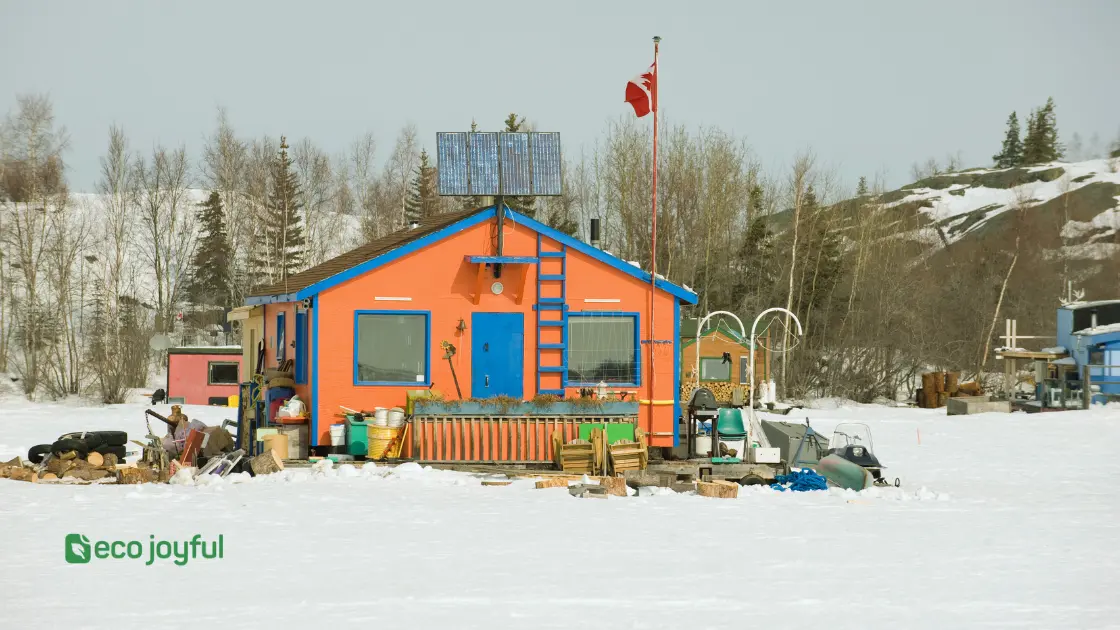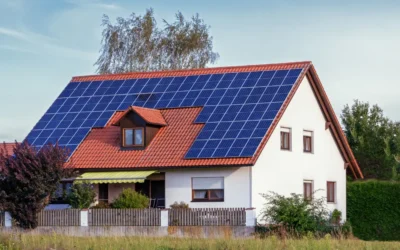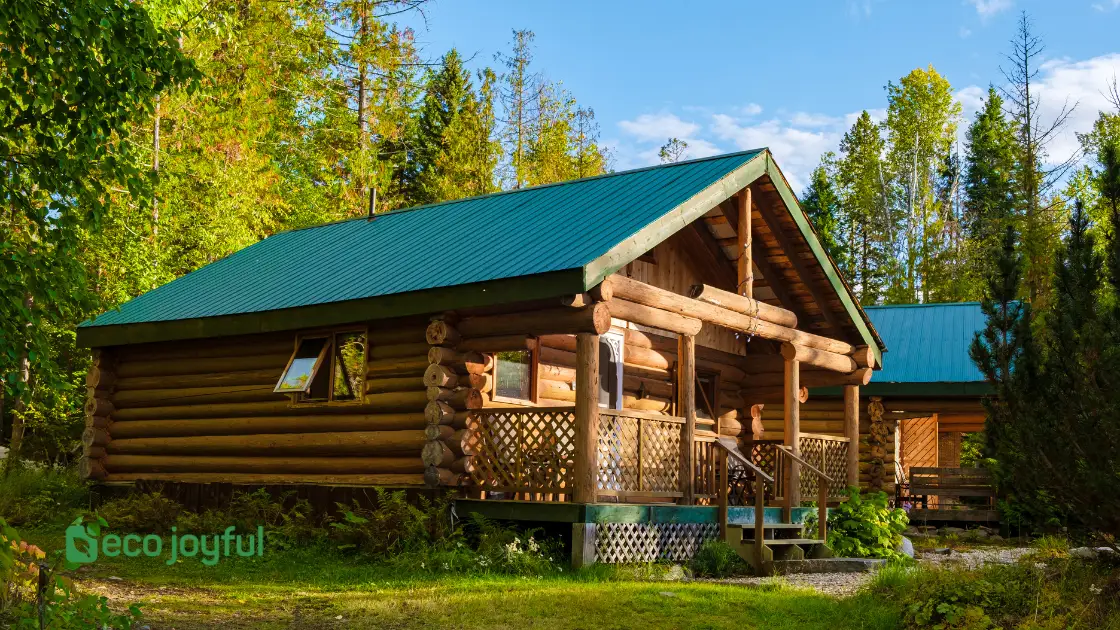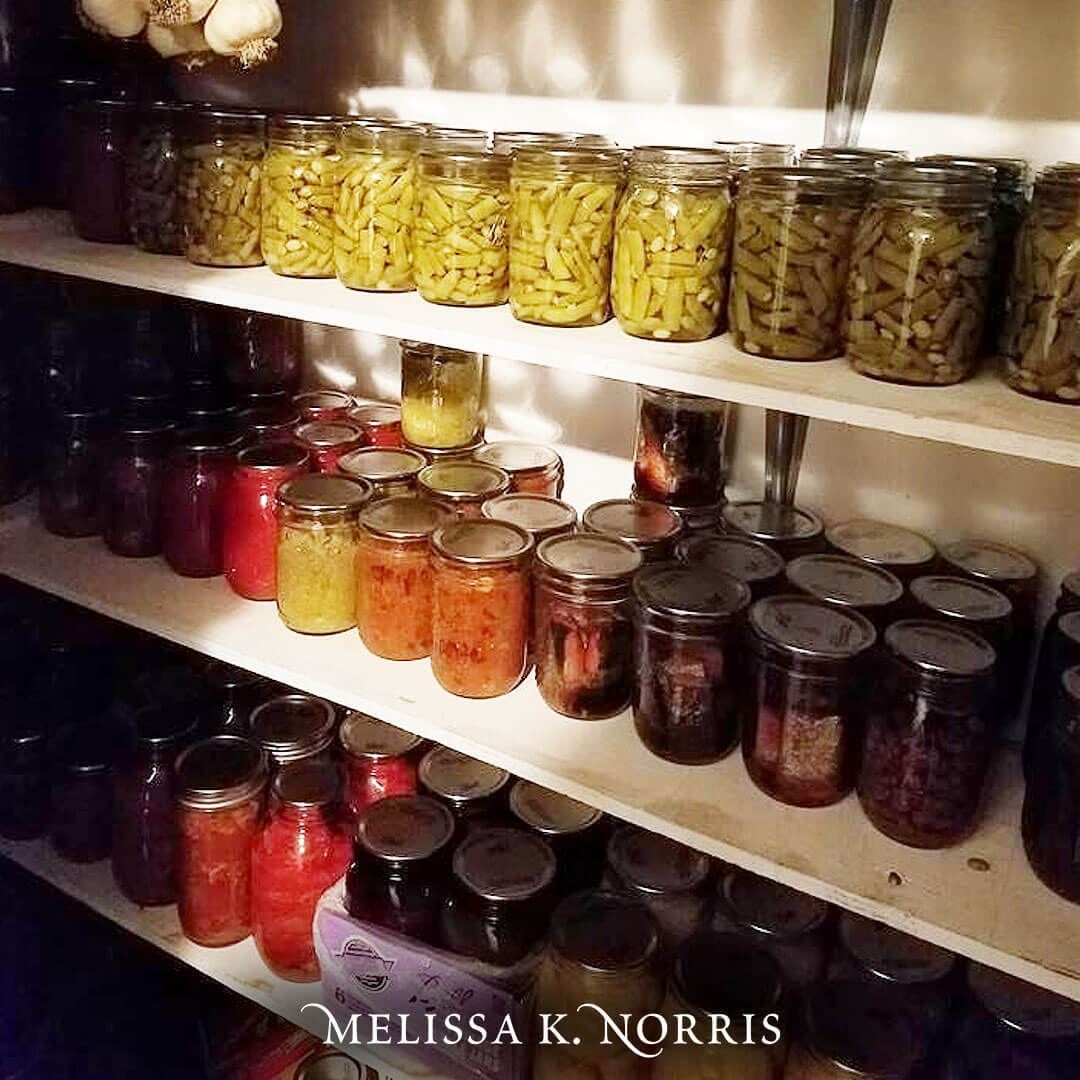To begin living off the grid, learn basic survival skills and acquire self-sustainable resources. Living off the grid involves relying on renewable energy, growing your food, and reducing consumption.
Transitioning to an off-grid lifestyle requires careful planning and a willingness to adapt to minimalist living. By reducing your reliance on external systems and connecting with nature, you can experience a more self-sufficient and sustainable way of life.
Embrace alternative energy sources, establish sustainable food production methods, and practice conservation to live off the grid effectively.
Table of Contents
Benefits Of Living Off The Grid
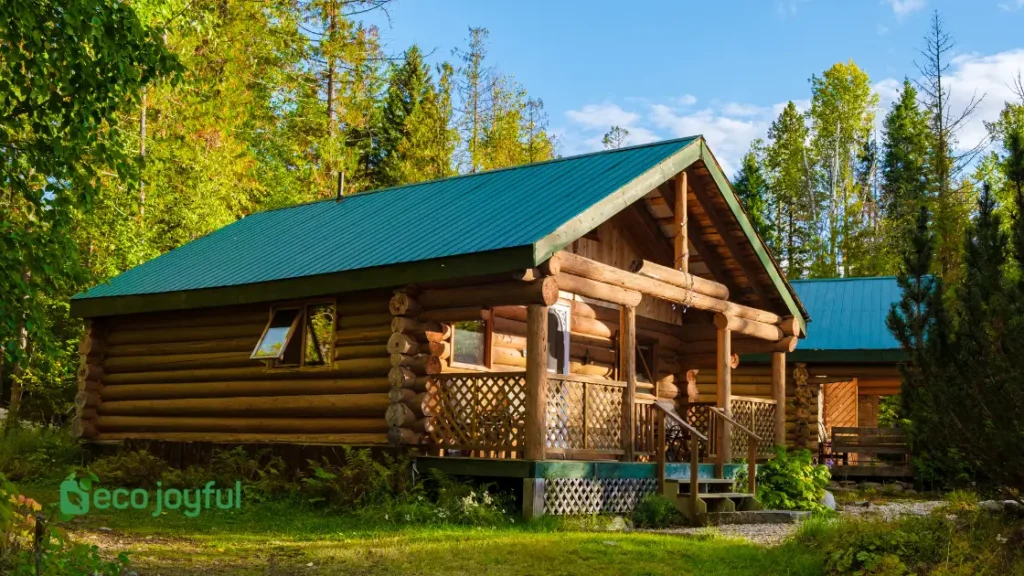
Living off the grid has numerous benefits beyond reducing your carbon footprint. This lifestyle promotes environmental sustainability, financial independence, and self-sufficiency.
By embracing these principles, individuals can lead a more harmonious and sustainable life while gaining autonomy and freedom.
Environmental Sustainability
Living off the grid greatly contributes to environmental sustainability. By relying on renewable energy sources, such as solar power or wind turbines, individuals can reduce their dependence on fossil fuels, consequently minimizing their carbon footprint.
Additionally, those living off the grid often adopt eco-friendly practices like composting and rainwater harvesting, which help protect the environment and preserve its resources for future generations.
This commitment to sustainability is essential to a greener and more sustainable future.
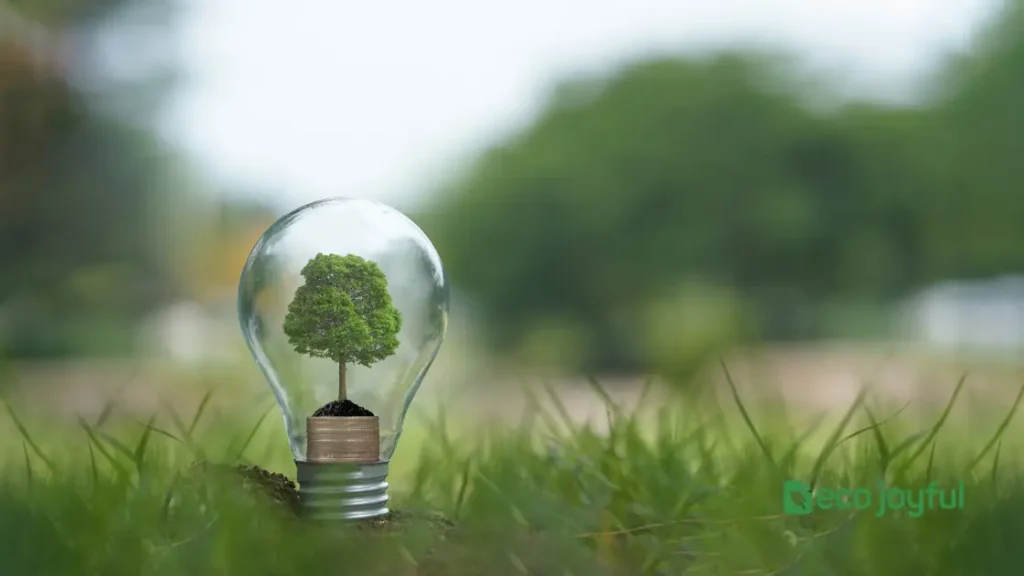
Financial Independence
One of the most significant benefits of living off the grid is the opportunity for financial independence. Off-grinders can significantly reduce or eliminate utility bills and grocery expenses by generating electricity and growing their food.
This financial freedom allows individuals to prioritize spending, invest in sustainable technologies, and save money for other meaningful pursuits.
Living off the grid empowers individuals to take control of their finances and build a more secure future.
Self-sufficiency
Living off the grid promotes self-sufficiency in many aspects of life. By growing their food in sustainable gardens and orchards, off-gridders can ensure a steady supply of fresh produce while minimizing their reliance on industrial agriculture and reducing their exposure to harmful pesticides.
Additionally, off-grinders often develop carpentry, plumbing, and energy management skills, allowing them to maintain and repair their infrastructure without outside assistance.
Embracing self-sufficiency fosters resilience and empowers individuals to be more self-reliant in the face of potential disruptions.
Living off the grid offers a range of benefits, from environmental sustainability to financial independence and self-sufficiency.
By adopting this lifestyle, individuals can actively create a more sustainable world while enjoying its freedom and autonomy.
Whether reducing their carbon footprint, achieving financial freedom, or embracing self-sufficiency, living off the grid allows individuals to lead a more meaningful and harmonious life.
Steps To Begin Living Off The Grid
Living off the grid offers a chance to embrace a self-sufficient and sustainable lifestyle. It allows you to take control of your energy, food, and water sources, reducing your dependence on traditional systems.
There are a few essential steps if you’re considering beginning your off-grid journey. By assessing your energy needs, reducing energy consumption, generating renewable energy, securing water and food sources, establishing waste management systems, and enhancing self-sufficiency and survival skills, you can start living off the grid and enjoy its many benefits.
1. Assess Your Energy Needs
Assessing your energy needs is crucial before you begin living off the grid. Determine how much electricity you require to power your essential appliances and lighting.
Consider your household size and the energy demands of your daily activities. By understanding your energy needs, you can make informed decisions about powering your off-grid lifestyle.
2. Reduce Energy Consumption
To minimize your energy usage, focus on reducing energy consumption. Start by replacing energy-guzzling appliances with energy-efficient ones. LED bulbs, for example, consume significantly less electricity than traditional incandescent bulbs.
Additionally, insulate your home correctly to prevent heat loss during colder months. You can also adopt simple habits such as turning off lights, unplugging electronics when not in use, and air-drying your clothes to reduce your energy consumption further.
3. Generate Renewable Energy
Generating your renewable energy is a crucial step in living off the grid. Invest in solar panels or wind turbines to harness the sun’s or wind’s power.
These sources provide clean energy that doesn’t deplete natural resources, ensuring long-term sustainability. Consult experts to determine the most suitable renewable energy solution for your location and energy needs.
4. Secure Water And Food Sources
When living off the grid, securing your water and food sources is vital. Ensure you have access to clean and reliable water by installing rainwater collection systems or drilling a well.
Growing your food through gardening or raising livestock can provide a sustainable source of nourishment. Implementing permaculture techniques and investing in food preservation methods, such as canning or dehydrating, ensures a consistent food supply throughout the year.
5. Establish Waste Management Systems
Establishing effective waste management systems is essential to living off the grid. Implement composting for organic waste, reducing the need for traditional garbage disposal methods.
Use recycling programs for materials that can be repurposed or recycled.
Additionally, consider reusing items whenever possible. By minimizing waste and adopting sustainable practices, you can contribute to a healthier environment while living off the grid.
6. Enhance Self-sufficiency And Survival Skills
Enhancing self-sufficiency and survival skills is essential for living off the grid. Learn basic skills such as gardening, foraging, and hunting. First aid and emergency preparedness knowledge can prove invaluable in remote, off-grid locations.
Explore alternative cooking methods, such as outdoor grilling or solar cookers, to reduce dependence on traditional energy sources. You can thrive in your off-grid lifestyle by continuously improving your self-sufficiency and survival skills.
Challenges And Considerations
Living off the grid offers a world of possibilities and freedom, but it also comes with its fair share of challenges and considerations.
Before embarking on this lifestyle, it’s essential to be aware of the potential hurdles that may arise. Below, we discuss a few key areas to consider when considering a life off the grid.
Climate And Weather
Your desired location’s climate and weather conditions play a crucial role in off-grid living. It’s essential to thoroughly research the climate patterns, including extreme weather events, as they can significantly impact your daily life.
Seasonal variations in temperature, precipitation, and sunlight hours should be considered when planning your off-grid setup. Some areas may have harsh winters, necessitating additional insulation and alternative energy sources, while others may be prone to extended dry periods, requiring careful water management strategies.
Initial Setup Costs
Setting up an off-grid system requires careful financial planning and budgeting. While the long-term cost savings can be significant, the initial setup costs can be substantial.
These costs include purchasing and installing solar panels, battery storage systems, wind turbines, water filtration systems, and more.
A realistic assessment of your budget and an understanding of the necessary equipment and infrastructure will help ensure a smooth transition to living off the grid.
It’s advisable to seek financial advice and explore available financing options.
Legal And Regulatory Factors
Living off the grid may encounter legal and regulatory challenges, varying depending on location. Some jurisdictions have specific laws, permits, and codes that govern off-grid living.
For example, building codes may require specific standards for alternative power systems or waste management solutions. Zoning regulations could restrict the size or type of structures you can build.
It’s imperative to familiarize yourself with the local laws and regulations to avoid potential issues and ensure compliance with legal requirements.
Social Isolation
One significant consideration when living off the grid is the potential for social isolation. Living in remote areas or off-grid communities may limit your interactions with others, especially if you are used to a bustling social life.
It’s essential to evaluate whether you are comfortable with the possibility of limited access to amenities, services, and social gatherings.
Additionally, consider the impact on your family and relationships, as living off the grid can require adjustments and compromises.
Conclusion
Embracing an off-grid lifestyle is a rewarding and empowering journey. Following the steps outlined in this guide, you can gradually decrease your dependency on mainstream resources and create a sustainable and self-sufficient existence.
From conserving energy to growing your food, living off the grid offers numerous benefits for your well-being and the environment.
So, if you’re ready to take that leap towards a simpler and more fulfilling life, start implementing these practices today.


